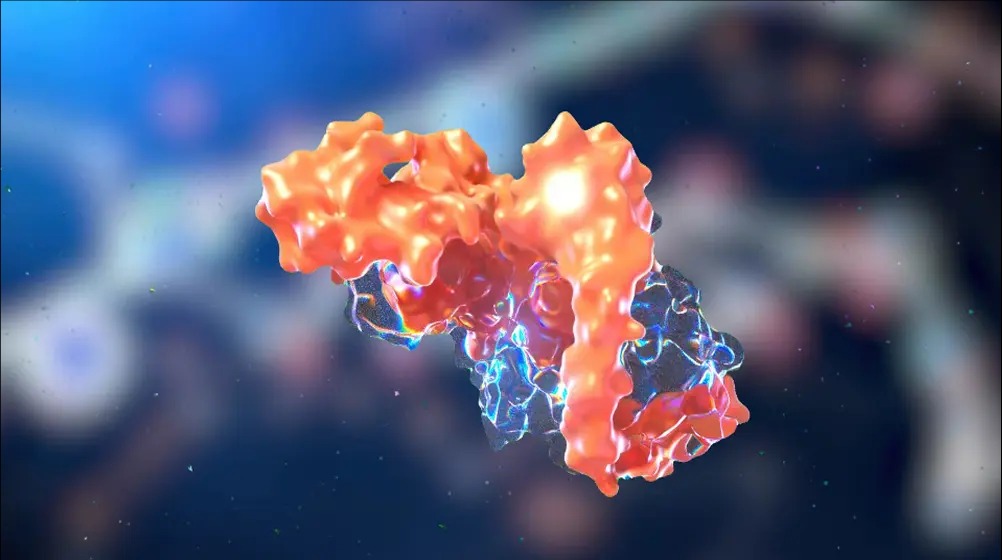

What role could epigenetics have in cancer?
Where could epigenetics lead us?
Epigenetics is the change of gene expression without alteration of the DNA sequence.1-3 A hallmark of cancer cells, epigenetic dysregulation may drive disease progression.3
One epigenetic regulator is enhancer of zeste homolog 2 (EZH2), which is a histone methyltransferase.3 This is of interest as elevated EZH2 has been shown to correlate with certain types of cancer growth.4
EZH2 and cancer progression
Targeting the EZH2 cascade is a potential novel direction in cancer research. EZH2 is implicated in the initiation and proliferation of cancer cells. With a role in certain lymphomas and lung, breast, ovarian, and prostate cancer, EZH2 may be involved in a broad range of solid and hematological malignancies.1,2,4,5 By epigenetic silencing of tumor suppressor genes and activating the androgen receptor (AR) signaling pathway, EZH2 may drive cancer growth.4,6,7
EZH2 is an area of focus in advanced prostate cancer2
Beyond its role in gene repression, EZH2 can act as a coactivator for androgen receptors, directly interacting with it to promote the expression of AR target genes.8 Preclinical research has shown that AR signaling can influence disease progression and the proliferation of cancer cells. This suggests that EZH2 inhibition may have a role in delaying the progression of advanced prostate cancer.2,4,5,9

Targeting EZH2 can potentially offer a new way to approach progression in advanced prostate cancer2,4


Uncovering new potential applications in cancer


Sign up to receive updates
Our communications are intended for US audiences only. By clicking “Sign up,” you verify that you are at least 18 years of age and agree to share your contact information with Pfizer and Pfizer’s partners. You grant permission to these entities to use this and other information we may have about you to provide you with personalized content across various media channels regarding products, treatments, and offers. Certain information, such as details about your health interests and related inferences, may be considered sensitive under applicable law. Pfizer values your privacy and will handle all personal information in accordance with our Privacy Policy. You can withdraw your permission at any time by following the unsubscribe instructions in the communications you receive.
References: 1. Kung PP, et al. J Med Chem 2018;61(3):650-665. 2. Kim J, et al. Cell Rep 2018;25(10):2808-2820.e4. 3. Ragavi R, et al. Urol Oncol 2023;41(8):340-353. 4. Park SH, et al. Oncogene 2021;40(39):5788-5798. 5. Ku SY, et al. Science 2017;355(6320):78-83. 6. Han H, et al. Cell Rep 2022;39(1):110595. 7. Bai Y, et al. J Biol Chem 2019;294(25):9911-9923. 8. Shankar E, et al. Toxicol Appl Pharmacol 2020;404:115200. 9. Berger A, et al. J Clin Invest 2019;129(9):3924-3940. 10. Pfizer Inc. ClinicalTrials.gov identifier: NCT03460977.